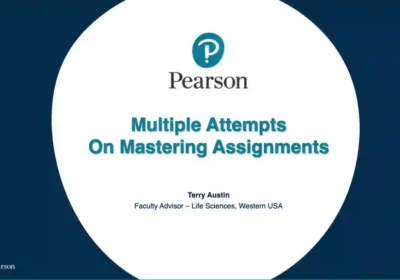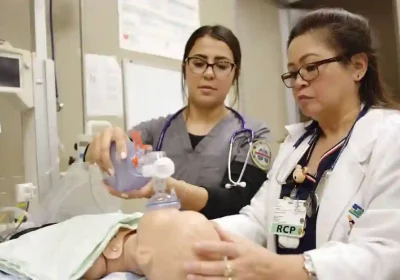Simple Advice for Choosing a Community College
Making the selection of which community college to attend might be challenging. Although you are confident that this is where you want to start your college career, you are unsure where to begin. You’ll find straightforward advice on picking the best junior college below.
Let’s begin by requesting and perusing all of the community colleges in your area’s school catalogs. You can also visit their websites to find out what kinds of degrees, programs, and certificates are given and how frequently.
Make sure the person you speak to at the school knows you’re a potential new student when you call. This will frequently get you a meeting with a guidance counselor. They can assist you in choosing the kinds of classes you will need to take if you let them know your interests and future educational aspirations.
Before investing additional time in your study, make sure the community college you’re considering offers the major and degree you want to pursue. Most institutions will specialize in particular majors, and as a whole, you’ll discover that they offer a vast selection of majors, career programs, and degrees.
Take a tour of the school as another excellent suggestion. If you phone the community college ahead of time, the admissions department may be able to arrange for a tour guide to show you around. You can visit and obtain a first impression of the campuses even if you only drop by with family or friends. Get a copy of the campus map, and mark all the locations of any buildings you intend to visit for sports, clubs, or other activities.
Checking whether financial help is offered at the community colleges in Colorado Springs you are comparing is another crucial piece of advice. You should still apply for all the financial support available to prospective students, even if these 2-year colleges are far less expensive than 4-year institutions. Pay attention to application deadlines so you’ll have enough time to gather all the necessary financial information before submitting your financial assistance application.
One thing to remember is that your responsibilities won’t end with attending community college. Like most students, you’ll likely be working at least part-time while you’re a student. To assist you in fitting classes into your job schedule and lifestyle, find out if the school you have in mind offers flexible scheduling options like night classes, day classes, weekend programs, or even online courses.
The best community college should also help you get a job and advise you on how to transfer when you complete your principal or the necessary units to continue your study. Finally, ask the guidance counselor at your chosen school whether there are programs to guarantee your success even after you graduate.
Ask each of these colleges for their graduate job placement data and transfer student transfer statistics. You may use this to understand better how healthy schools educate their pupils for life outside the classroom.
After finishing their general courses at a community college, many students transfer to a 4-year institution. Make sure the school you choose has an articulation agreement with the 4-year college you plan to move to if you are thinking about doing this. Future transfers will be easier if you know the institution you’re moving to will accept the credits you’ll earn from a community college.
These community college selection suggestions are only meant to get you started on your school search. College offers several possibilities to meet new people, pick up new skills, and discover your personal interests outside of the classroom. You’ll learn about other requirements your ideal community college must meet when you research which one is right for you. Spending a lot of effort on the preliminary examination will ensure that you make the most significant institution choice possible when making your final decision.










